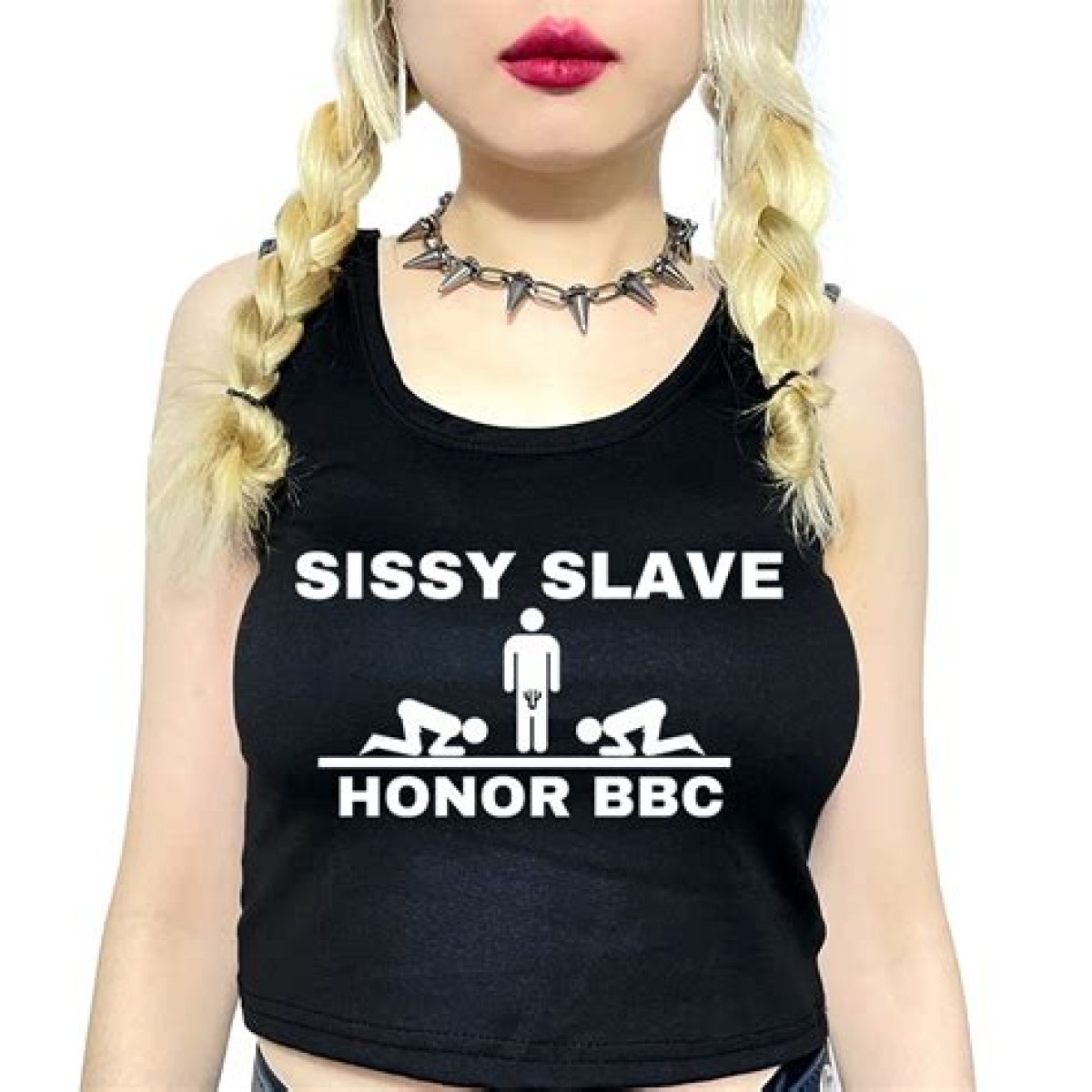In recent years, the term "femboy BBC" has gained significant attention within various online communities. This phrase encapsulates a unique blend of gender expression and cultural identity, prompting discussions about sexuality, representation, and the evolving norms of masculinity. As society becomes more accepting of diverse identities, it is crucial to explore what it means to identify as a femboy, particularly in relation to the BBC (Big Black Cock) trope prevalent in certain media and adult content. This article aims to provide a comprehensive understanding of femboy culture, its implications, and its intersection with broader societal themes.
Femboys, typically characterized by their masculine and feminine traits, challenge traditional gender norms and expectations. The BBC trope, on the other hand, often represents a hypersexualized notion of black masculinity within sexual contexts. By examining these concepts together, we can better understand the complexities surrounding identity, attraction, and the impact of stereotypes. This exploration will not only shed light on the femboy identity but also highlight the intersections of race, gender, and sexuality.
Through this article, readers will gain insights into the history, representation, and cultural significance of femboy BBC within LGBTQ+ discourse. We will delve into personal stories, societal perceptions, and the ongoing challenges faced by individuals who embody these identities. By fostering an understanding of these topics, we hope to contribute to a more inclusive dialogue that respects and celebrates diversity.
Table of Contents
What is a Femboy?
The term "femboy" refers to a person, typically assigned male at birth, who embraces a blend of masculine and feminine gender expressions. Femboys often present themselves in ways that challenge traditional notions of masculinity.
Key characteristics of femboys may include:
- Adopting feminine clothing styles, such as skirts, dresses, or makeup
- Expressing themselves through traditionally feminine behaviors or interests
- Embracing both masculine and feminine traits in their personality
Femboys represent a spectrum of gender identity and expression, demonstrating that gender is not strictly binary. This fluidity allows for a broader understanding of self and societal expectations.
The Meaning of BBC in Modern Culture
The term "BBC," or "Big Black Cock," has its roots in adult entertainment and is often associated with a stereotype that portrays black men as hypersexualized figures. This trope can perpetuate harmful stereotypes and oversimplified views of black masculinity.
However, within certain contexts, the BBC can also represent a form of empowerment and desirability. It has become a cultural phenomenon, particularly in LGBTQ+ spaces, where it intersects with discussions about body image, attraction, and sexual agency.
Understanding the BBC Trope
While the BBC trope is often viewed through a sexual lens, it is essential to recognize its implications:
- It can reinforce racial stereotypes that objectify individuals based on their race.
- It often marginalizes the complexities of individual identities, reducing them to physical attributes.
- It can create unrealistic expectations regarding sexual performance and desirability.
The Intersection of Femboy Identity and BBC
The combination of femboy identity and the BBC trope presents a unique intersection of gender and race. Femboys may embody both the fragility often associated with femininity and the hypersexualization linked to the BBC trope.
This intersection can lead to both positive and negative experiences:
- Some may find empowerment in embracing both identities, challenging societal norms.
- Others may face prejudice and discrimination due to the conflicting expectations placed on them.
The Role of Media in Shaping Perceptions
Media representation plays a crucial role in shaping public perceptions of femboys and the BBC trope. The portrayal of these identities in popular culture can either reinforce stereotypes or promote understanding and acceptance.
Challenges Faced by Femboys
Despite the growing acceptance of diverse identities, femboys continue to face various challenges, including:
- Social Stigma: Many femboys encounter prejudice and discrimination, often being labeled as "less masculine."
- Internal Conflict: Navigating their identities can lead to feelings of confusion or inadequacy.
- Safety Concerns: Femboys may experience harassment or violence due to their gender expression.
Media representation of femboys and the BBC trope has evolved over time, with both positive and negative portrayals present in various forms of entertainment.
Some notable examples include:
- Television shows that feature femboy characters, showcasing their stories and challenges.
- Films that explore themes of gender fluidity and sexual identity.
- Adult content that embraces diverse representations of sexuality without reinforcing harmful stereotypes.
Personal Stories of Femboys
Hearing personal accounts from femboys can provide valuable insights into their experiences and challenges. Many femboys share their journeys of self-discovery, acceptance, and empowerment.
Some common themes in these stories include:
- Overcoming societal pressures and expectations.
- Finding communities that celebrate diversity and acceptance.
- Embracing their identities and living authentically.
Community and Support Systems
Building a supportive community is crucial for femboys navigating their identities. Various organizations and support groups provide resources and safe spaces for individuals to connect and share their experiences.
Some resources include:
- LGBTQ+ community centers that offer programs and events.
- Online forums and social media groups dedicated to femboy discussions.
- Support networks focused on mental health and well-being.
Conclusion
In conclusion, understanding the complexities of femboy identity and the BBC trope is essential in fostering inclusivity and acceptance within society. By exploring these topics, we can challenge stereotypes, promote understanding, and support individuals who embody these identities.
We encourage readers to engage in further discussions, share their thoughts, and contribute to a more inclusive dialogue surrounding gender and sexuality. Your insights matter, and together, we can create a more understanding world.
Thank you for reading! We invite you to leave comments and share this article with others who may benefit from this discussion.
Teen Paradise 5-17 Login: A Complete Guide For Young UsersKika Kim: The Rising Star In The Entertainment IndustryMckenzie Valdez Leaks: The Untold Story Behind The Controversy
